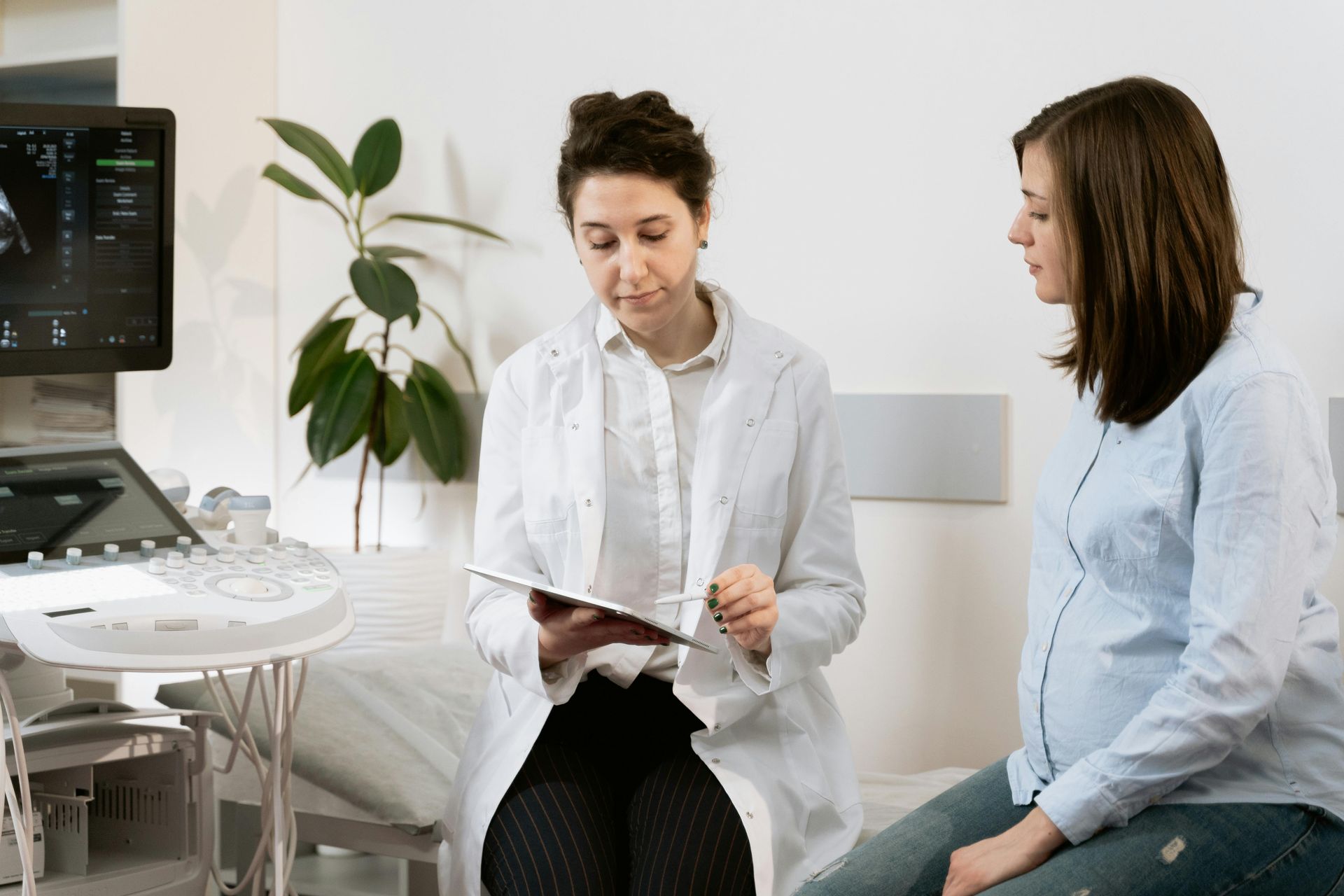Chlamydia and Pregnancy
Chlamydia and Pregnancy
Chlamydia and Pregnancy - What to Know
Did you know that chlamydia is the most common sexually transmitted disease (STD) in the United States? Chlamydia is a bacterial infection spread through sexual contact. More than 1.8 million chlamydia infections were reported in 2019, but because chlamydia is frequently asymptomatic – meaning it has no symptoms – the true number of infections is estimated to be more than 2.8 million. Sexually active women under the age of 25 are at an especially high risk.
Can I have Chlamydia while pregnant?
Yes. Chlamydia and other STDs, such as gonorrhea, can be transmitted to pregnant women. Pregnancy does not protect against STIs. The only way to avoid STDs,
according to the CDC, is to avoid vaginal, anal, or oral sex. If you are sexually active, you can reduce your chances of contracting chlamydia by doing the following:
- Being in a long-term mutually monogamous relationship with a partner who has been tested and has negative STD test results;
- Using latex condoms the right way every time you have sex.
I’m pregnant and tested positive for chlamydia - now what?
Chlamydia during pregnancy can cause low birth weight and is frequently passed from mother to child during delivery. If the baby becomes infected, he or she is likely to develop infections of the eyes, lungs, or other parts on the body.
What symptoms should I look for?
Remember that chlamydia is often asymptomatic – meaning it has no symptoms. However, pregnant women may experience the following symptoms.
- Vaginal discharge
- Bleeding after you have sex
- Itching or burning during urination
- Preterm labor
- Premature rupture of membranes protecting your baby in your uterus
If you contract chlamydia while pregnant, the consequences can be serious, even fatal, for both you and your baby. That is why STD testing should be included in your regular prenatal care, so that treatment can begin as soon as possible if you test positive. ACPC can
provide you with answers to your questions as well as a
free chlamydia test and treatment.
Treatment for chlamydia
Chlamydia can sometimes be cured with oral antibiotics if detected early. Chlamydia can be cleared up in a matter of weeks if treated. It is critical to complete the antibiotic treatment even after symptoms have subsided, and your sex partner(s) should also be tested and treated to reduce the risk of disease transmission. After finishing your treatment, you should be retested to see if your infection has been cured. Do not have sex again until your chlamydia test comes back negative.
Protect Your Health
With a
no-cost, confidential STI screening at ACPC Women's Clinic, we can help you get answers to protect your health. We provide STI testing for Chlamydia and Gonorrhea. We will review your test results with you, listen to your concerns, and answer any questions you may have.
Make an appointment with us today.







